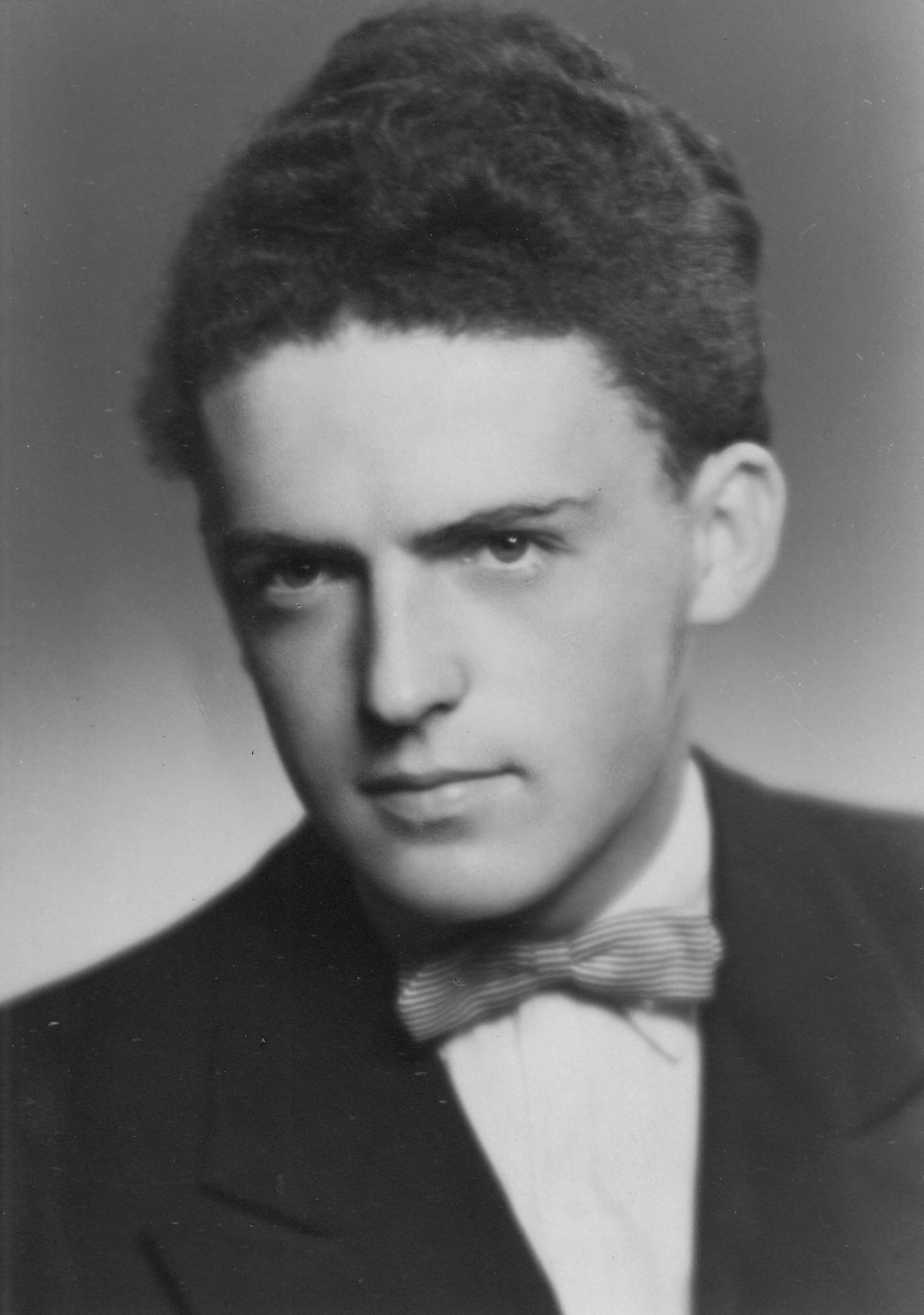The father sacrificed his work under communism, the son became a successful glassmaker

Stáhnout obrázek
Jiří Ryba was born on 8 September 1938 in Stará Paka, where he spent his childhood and the Second World War. After the communists came to power, his father decided to leave his trade as a painter and go to work in a brickyard so that his children could study. He graduated from the glass school in Železný Brod, majoring in fused sculpture. Under the auspices of the school and later the Maják cooperative, he worked with the glass artist Jan Černý. In the early 1970s, under his influence, he joined the Communist Party of Czechoslovakia. In the 1980s, Jiří Ryba began to devote himself mainly to his own glass work. Before the Velvet Revolution in 1989, he resigned from the Communist Party. Afterwards, he exhibited in galleries as a freelance glass artist and sold his works to the world. In 2023 he lived in Lomnice nad Popelkou. We were able to film the story of the witness thanks to the support of Lasvit.
























